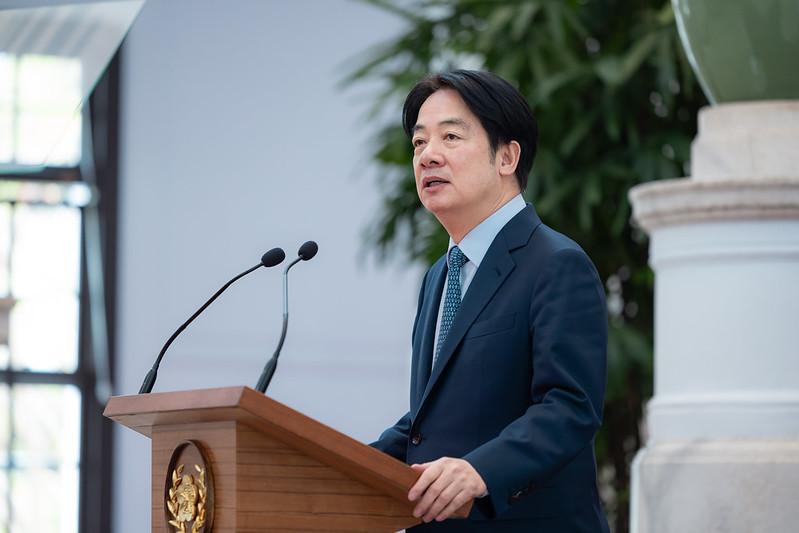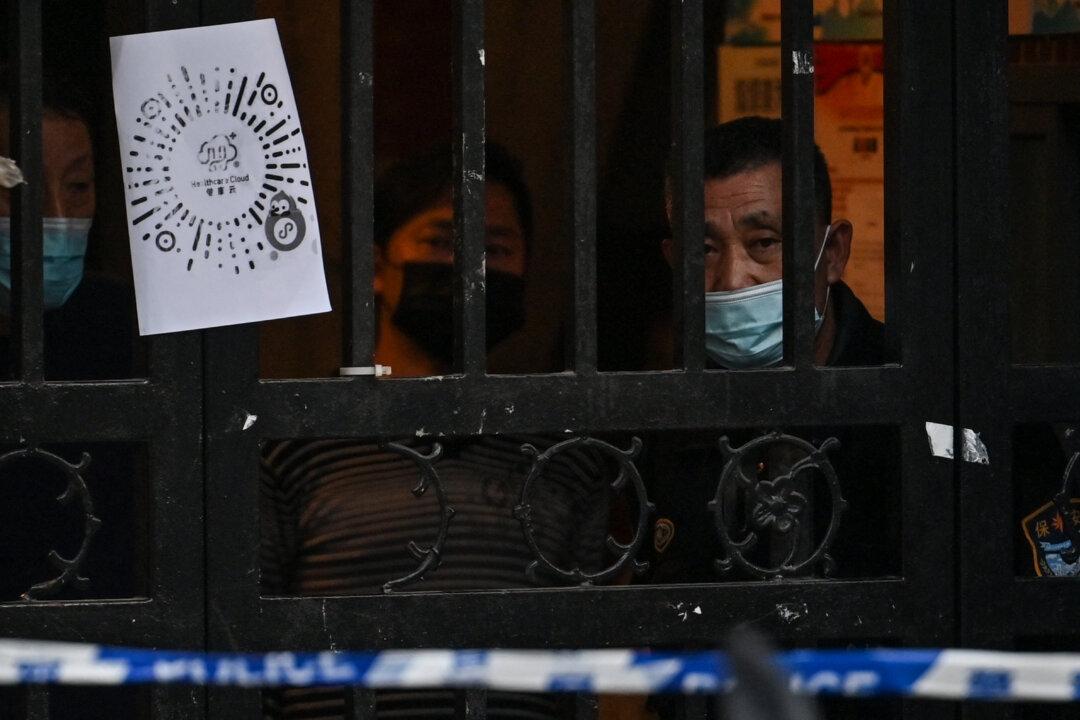The recent ban by the Chinese regime of a popular TV drama, which is based on a classical novel, seems to aim at rooting out any and all spiritual content and triggered a wave of criticism on Chinese social media.
Though rarely known in the West, the novel Investiture of the Gods, or Feng Shen Yanyi in Chinese, is as important to Chinese culture as the Homeric Hymns is to Western culture. Written in the 16th century, the novel is an epic re-telling of the war between gods and demons during the decline of the Shang Dynasty (1600–1046 BC) and the rise of the Zhou Dynasty (1046–256 BC).




